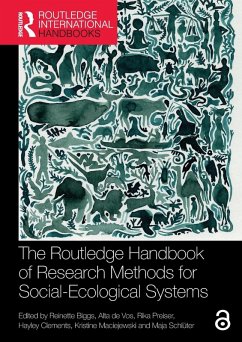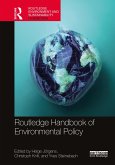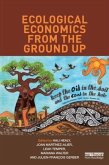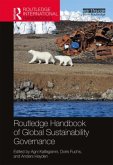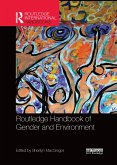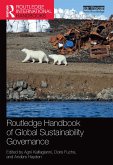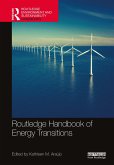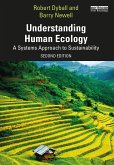The Routledge Handbook of Research Methods for Social-Ecological Systems provides a synthetic guide to the range of methods that can be employed in social-ecological systems (SES) research.
The book is primarily targeted at graduate students, lecturers and researchers working on SES, and has been written in a style that is accessible to readers entering the field from a variety of different disciplinary backgrounds. Each chapter discusses the types of SES questions to which the particular methods are suited and the potential resources and skills required for their implementation, and provides practical examples of the application of the methods. In addition, the book contains a conceptual and practical introduction to SES research, a discussion of key gaps and frontiers in SES research methods, and a glossary of key terms in SES research. Contributions from 97 different authors, situated at SES research hubs in 16 countries around the world, including South Africa, Sweden, Germany and Australia, bring a wealth of expertise and experience to this book.
The first book to provide a guide and introduction specifically focused on methods for studying SES, this book will be of great interest to students and scholars of sustainability science, environmental management, global environmental change studies and environmental governance. The book will also be of interest to upper-level undergraduates and professionals working at the science-policy interface in the environmental arena.
The book is primarily targeted at graduate students, lecturers and researchers working on SES, and has been written in a style that is accessible to readers entering the field from a variety of different disciplinary backgrounds. Each chapter discusses the types of SES questions to which the particular methods are suited and the potential resources and skills required for their implementation, and provides practical examples of the application of the methods. In addition, the book contains a conceptual and practical introduction to SES research, a discussion of key gaps and frontiers in SES research methods, and a glossary of key terms in SES research. Contributions from 97 different authors, situated at SES research hubs in 16 countries around the world, including South Africa, Sweden, Germany and Australia, bring a wealth of expertise and experience to this book.
The first book to provide a guide and introduction specifically focused on methods for studying SES, this book will be of great interest to students and scholars of sustainability science, environmental management, global environmental change studies and environmental governance. The book will also be of interest to upper-level undergraduates and professionals working at the science-policy interface in the environmental arena.

